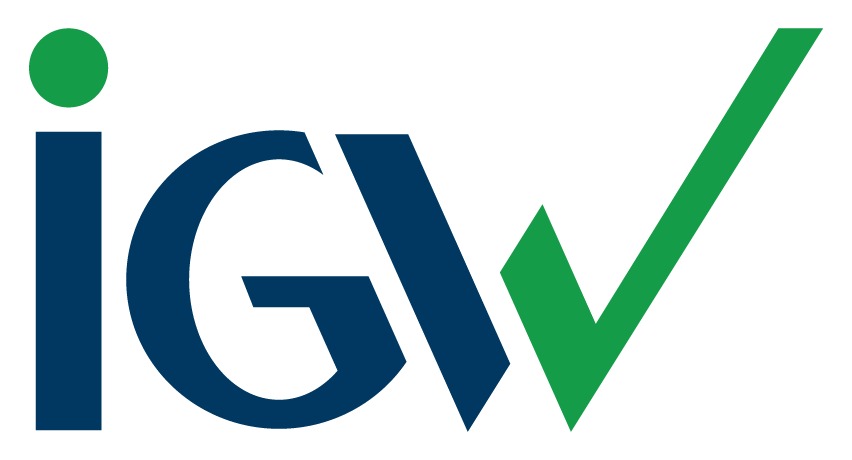I have been journaling for most of my life, and as a leadership coach, I regularly assign journaling prompts to my clients. Two questions regularly arise: “How does journaling help me as a leader?” and “Will I spend hours and hours in front of a notebook?”
The answer to the second question is that it does not matter how much time you spend in any one journaling session. There are countless approaches to journaling, some quite short, others more free-form. Since I came across Natalie Goldberg’s book Writing Down the Bones in the 1990s, it has served as an endless source of journaling inspiration. Sometimes I spend two minutes with the notebook, or sometimes many hours.
It’s not about the quantity of time you’re spending journaling. It’s about the consistency and intentionality of the activity. If you’re interested, email me here and I’ll send you a dead-simple journaling assignment for business leaders to get you started.
But back to the first question, “How does journaling help me as a leader?”
The short answer: Journaling is a tool for discovery. Natalie Goldberg talks about writing as composting, gathering all the thoughts that dart through our minds, stacking them together to create some heat in a kind of spiritual-chemical process that turns those thoughts into something bigger. Something fertile. Our best ideas, profoundest desires, and most closely-held values will sprout from that compost.
What is the raw material of leadership if not our best ideas, profoundest desires, and most closely-held values?
There is something about writing, pen to paper, connecting the hand and the brain, that enables you to confront yourself, work through all the nonsense, bypass your internal critic, and reach your purest thoughts. No judgments, no editing, no varnish. Just you and your pen, getting as real as possible, excavating, tilling, and composting.
In this way, journaling is a little bit like prayer. Our notebooks, like God, have an uncanny ability to listen. Journaling, like prayer, offers an opportunity to work yourself out on paper, without restrictions. And just like with prayer, the level of transparency you bring to journaling defines the depth of opportunity to grow from what you discover.
As a leader, you must get up every day and enter the fray. Journaling dislodges hidden insights that our conscious mind shoves into the corner. Your organization demands creativity and innovation. Journaling is a tool that feeds both.
Your organization also needs clarity of vision and guardrails for making decisions. Journaling is a tool for discovering your true aspirations for your organization, and what you believe it can become given the right investment. It is also a tool for clarifying values, those principles by which your team will make the best decisions for the organization and for each other.
Your best ideas, profoundest desires, and most closely-held values. Those are the not-so-obvious things that sprout from the compost of journaling.
But there is also one more benefit of consistent journaling. Your journal is a platform for working out your negative emotions. This enables you to engage productively with the people around you. Working yourself out on the page is far better than in your relationships.
My profound wish for you is that journaling should connect you to the deepest well, so you can deepen your relationships with yourself and your team, and lead with clarity and insight.
Your leadership potential is boundless, and we’re here to support you every step of the way. Schedule a complimentary 15-minute strategy call today to see if our coaching philosophy fits you.
